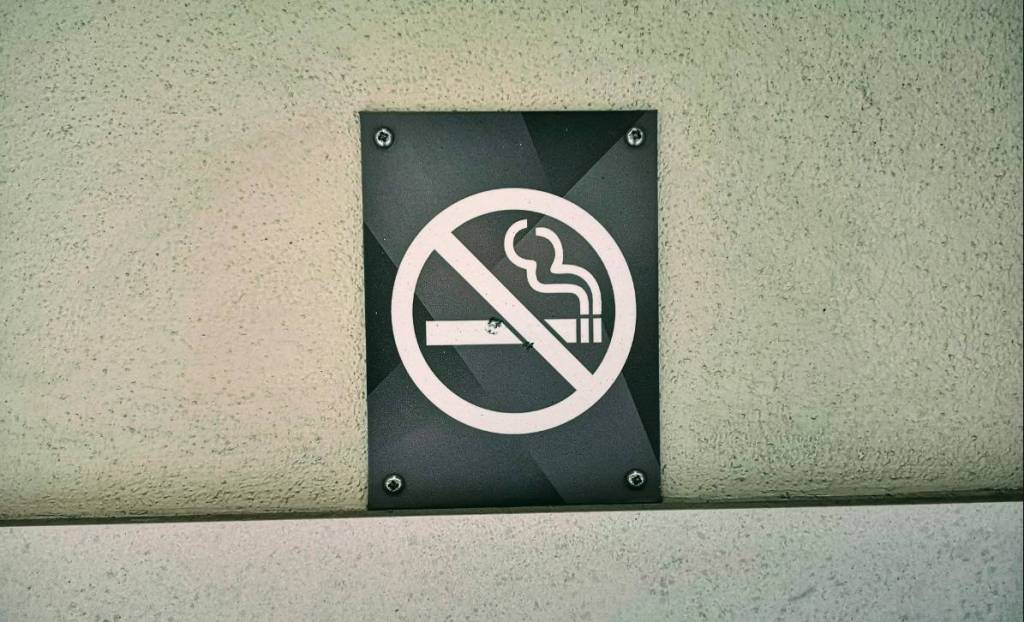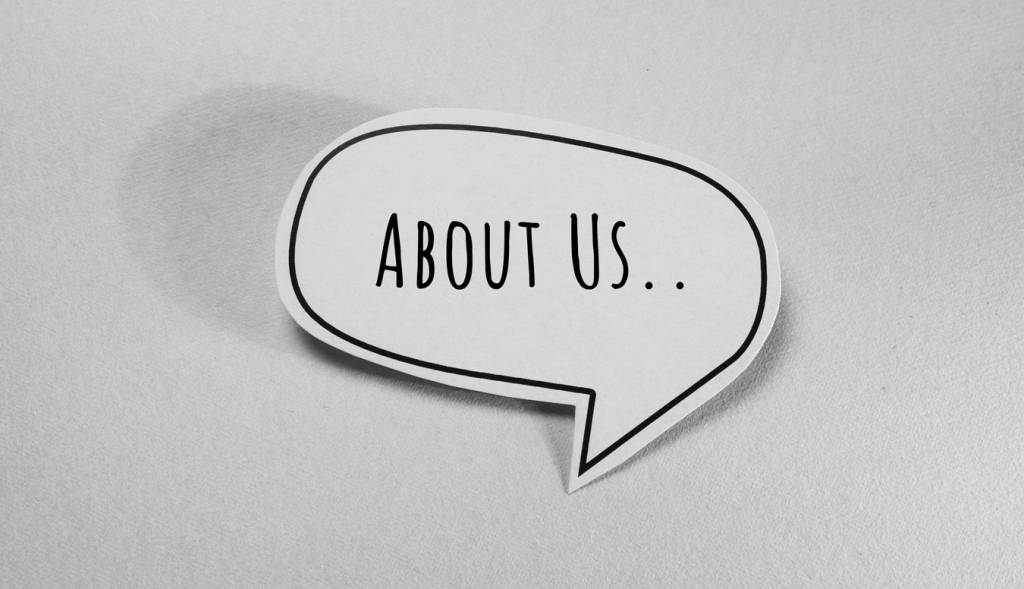“Criticism may not be agreeable, but it is necessary. It fulfills the same function as pain in the human body. It calls attention to an unhealthy state of things.” ~ Winston Churchill
Learning how to accept criticism is crucial for personal improvement. It’s the most direct way to discover what you need to improve. However, accepting criticism can be emotionally challenging. After all, we’re only human and most people don’t enjoy hearing negative things about themselves. It’s hard to not take criticism personally. The first step towards self-improvement is to be fully aware of your strengths.
One of the ways I break the ice with my clients is asking them to list for me all their positive character traits. Everyone seems to enjoy this exercise. We actually take an inventory of their strengths and discuss each one and how they demonstrate these positive traits in their actions. I encourage my clients to review this list daily, preferably first thing in the morning, so they start their day literally from a point of strength. The psychological benefits of this exercise are profound. Once a person is in touch with what makes them special, they can then begin to open themselves to see their limitations. I don’t believe it works as well the other way around.
In short, to realize the areas where you are strong is not an end unto itself. The goal is to build on your strengths, and with a healthy sense of self-esteem embrace your limitations so you can overcome them. A person with healthy self-esteem can receive criticism, discern what they can learn from it and move on. They don’t become paralyzed by it and defensive. In fact, they may even see their ability to manage criticism as one of their strengths!
Have you ever noticed that you tried to compliment an extremely accomplished, successful person and they didn’t receive your compliments so well? In fact, they may have become skeptical of you and thought you may be flattering them because you have a hidden agenda and want to use them for selfish reasons. Confident people tend to be more trusting of people who deal straight with them and aren’t always trying to stroke their ego. We often hear stories about famous people strictly entrust their old friends as their confidants for this reason. They don’t want constant praise but rather someone who will talk straight to them as a real friend do with one another.
The same is true in dating. Women tend to question a guy who is excessively complimentary assuming they are insincere and are wanting to take advantage of them. Men too can doubt a women’s sincerity when she is overly flattering early on in the relationship. The concern immediately arises that “she wants me for my money or access to my lifestyle.” You can begin to see that there is value in having people in our life who give us truthful feedback and aren’t afraid to offer their opinion even when its a negative one knowing that their constructive criticism won’t jeopardize the relationship.
Unfortunately, most of us become defensive when criticized and consequently we block out potentially helpful and life-enhancing tips. Our knee-jerk reaction to reject negativity about ourselves causes us to miss out on what could be our greatest opportunity for self-growth and improvement. Instead of holding back and introspecting about what the person has said and giving it some consideration, we shut them down, rationalize our actions and even blame others for the mistake. Our instinctive defensiveness stunts our personal growth as we avoid sifting out the kernel of truth in their critique.
Although it’s natural to respond this way it is not necessarily the most elevated and constructive response. Avoiding and denying the complaint not only inhibits our growth but it can result in making the flawed behavior even more ingrained in our personality structure. Some experts say that when a person develops a pattern of rejecting all criticism their negative behavior eventually becomes their ideology. We limit ourselves from achieving our fullest potential when we deny the validity to criticism
The benefits of criticism to consider
For Personal Growth:
1. Find the kernel of truth in the criticism: It can help you develop more humility. By taking an honest look at yourself and your weaknesses, you increase your possibility for growth.
2. Learn from the criticism in order to improve. Every critique is a potential secret that could direct you toward positive change
3. Criticism opens you up to new perspective and new ideas you may not have considered.
4. Receiving feedback reminds you it’s OK to have flaws. If you can admit your weakness and work on them without getting down on yourself you’ll experience more happiness, peace, enjoyment and success
Strategies for accepting and benefiting from criticism
1. Externalize the comment: Isolate the point the critic made and extract the helpful tips from even the most critical feedback. You can take the bits of advice that make sense to you and discard the rest. Don’t fall into the trap of becoming defensive or feeling self-conscious. Use discernment in how you handle the criticism. Accept the challenge and look for the reason the person criticized you. Is it constructive or destructive? Consider his point of view and see if it’s beneficial to you. Be thankful for that someone cares enough to point out our flaws and make us aware of them.
2. I have adopted a strategy of privately thanking the person for the golden nugget that could ultimately help me achieve my goals! I don’t necessarily verbalize my appreciation to the critic but more importantly, I think it to myself. Adopting a sense of humor about your flaws can also help in receiving criticism. Since everyone in this universe has flaws, there’s no reason to feel diminished, inferior or vulnerable when told something is remiss in our behavior. In fact, the joke is, if you can have a sense of humor about yourself you will be able to sift out the kernel of truth, discern if the criticism is constructive and make the necessary correction that will move you closer to your full potential. If you have a clear target for improvement when you ask for feedback, you’ll be better able to use the criticism constructively toward achieving your full potential.












